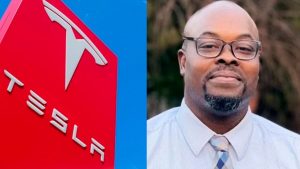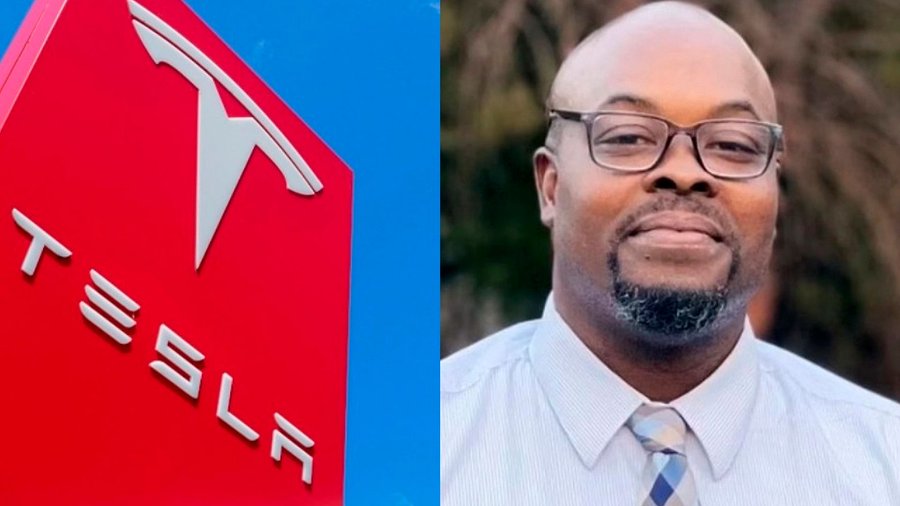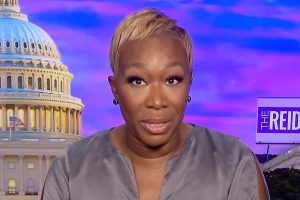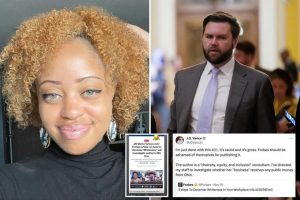Owen Diaz is a former contracted lift operator who was hired through a staffing agency to work at Tesla, Elon Musk’s electric vehicle company, in 2015. Unfortunately, he was subjected to a hostile work environment where he was frequently called racist names, told to “return to Africa,” and faced bigoted graffiti in the bathrooms and on his work desk.
Remember this case? A SF federal court decided that Tesla must pay a former worker, Owen Diaz, ~$137 million after he endured a hostile work environment and racist abuse working there as an elevator operator. https://t.co/dRV1vZt8Wn <– It's back in court…
— Lora Kolodny (@lorakolodny) March 28, 2023
More about Owen Diaz
Diaz filed a lawsuit against Tesla, alleging that he was harassed and faced “every day bigoted sobriquets,” including the use of the “N-word” during his time at the Fremont plant between 2015 and 2016. The case brought attention to the prevalence of workplace harassment and discrimination and the need for companies to take effective action.
Diaz’s case drew scrutiny to Tesla’s mandatory arbitration agreements that have been criticized for allowing companies to avoid accountability for workplace harassment and discrimination. Investors such as Nia Impact Capital urged Tesla’s board to address these agreements and their impact on workplace culture. The case also underscored the need for companies to take effective measures to address such issues, rather than relying on arbitration agreements to avoid accountability.
Also read | Tesla starts new trial in race bias lawsuit

(Photo: twitter/@Gochita_bella)
Tesla’s handling of workplace harassment and discrimination has also been under scrutiny, with the company being required to pay $1 million to another former employee, Melvin Berry, as a result of an arbitration agreement. Despite facing such consequences, the company has been accused of not taking significant remedial measures to address the issue. Diaz’s case highlights the need for companies to prioritize the well-being of their employees and take effective measures to prevent harassment and discrimination.
Also read | Lawsuit against Tesla for racial discrimination against Black workers







